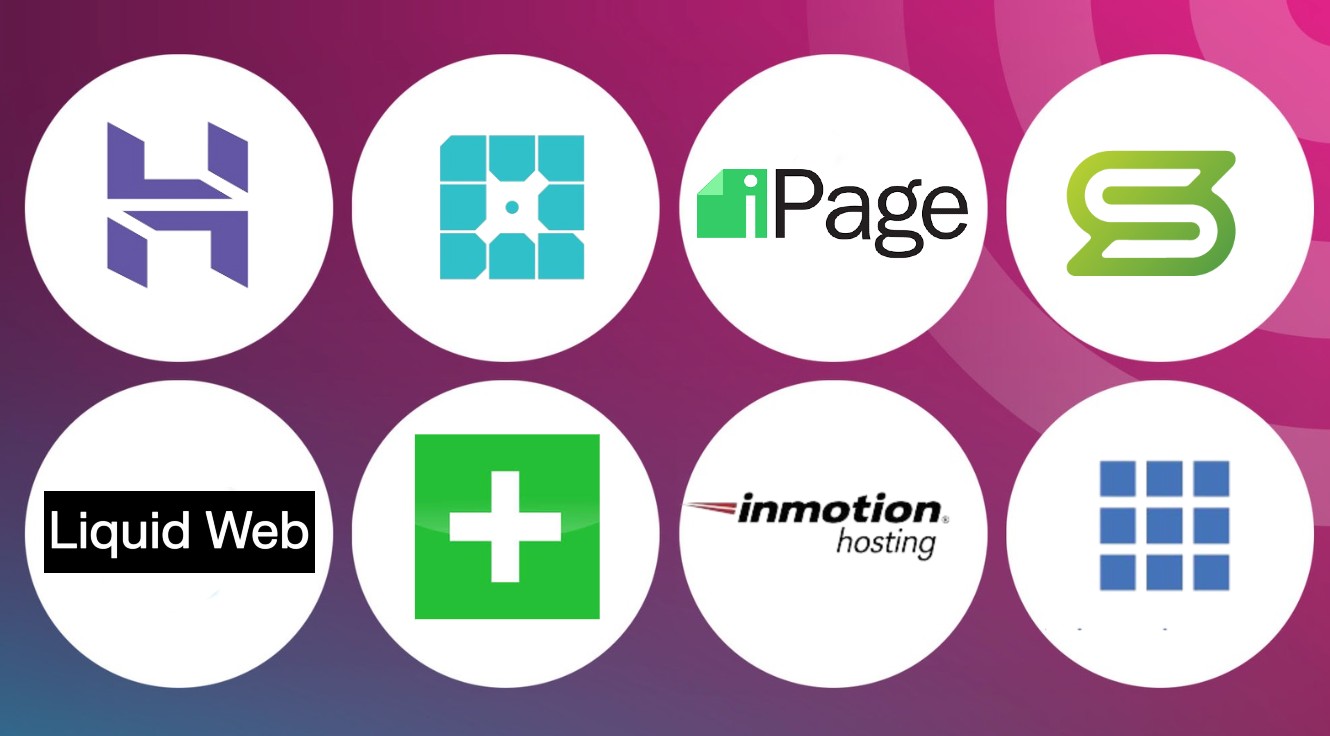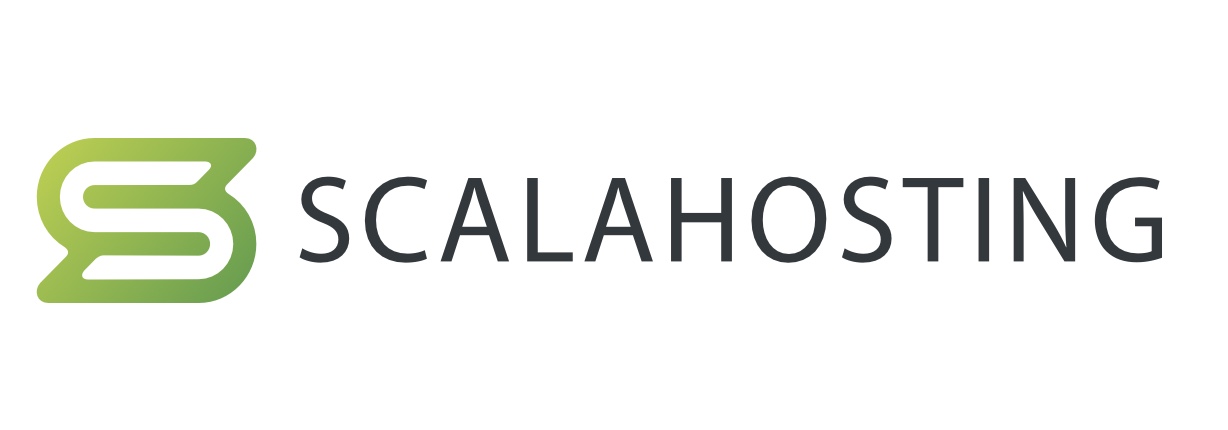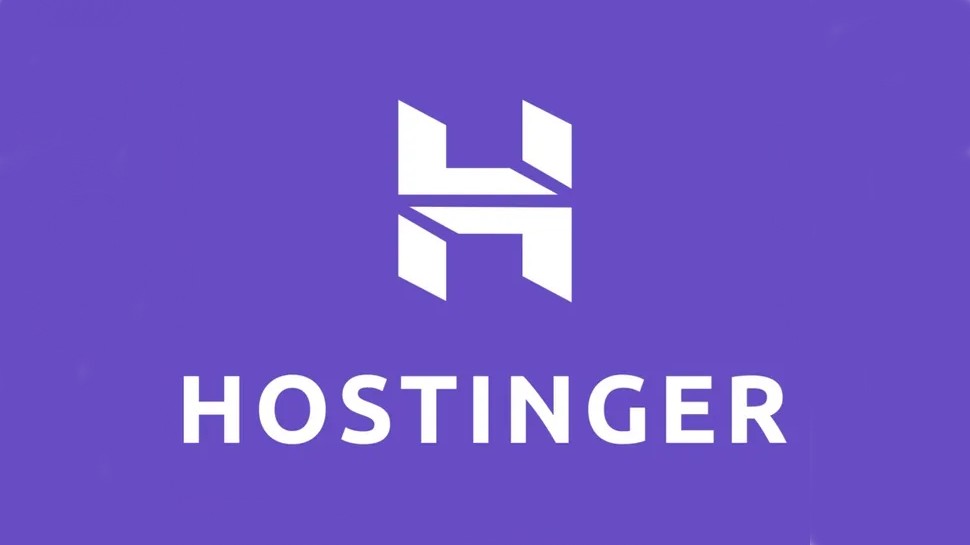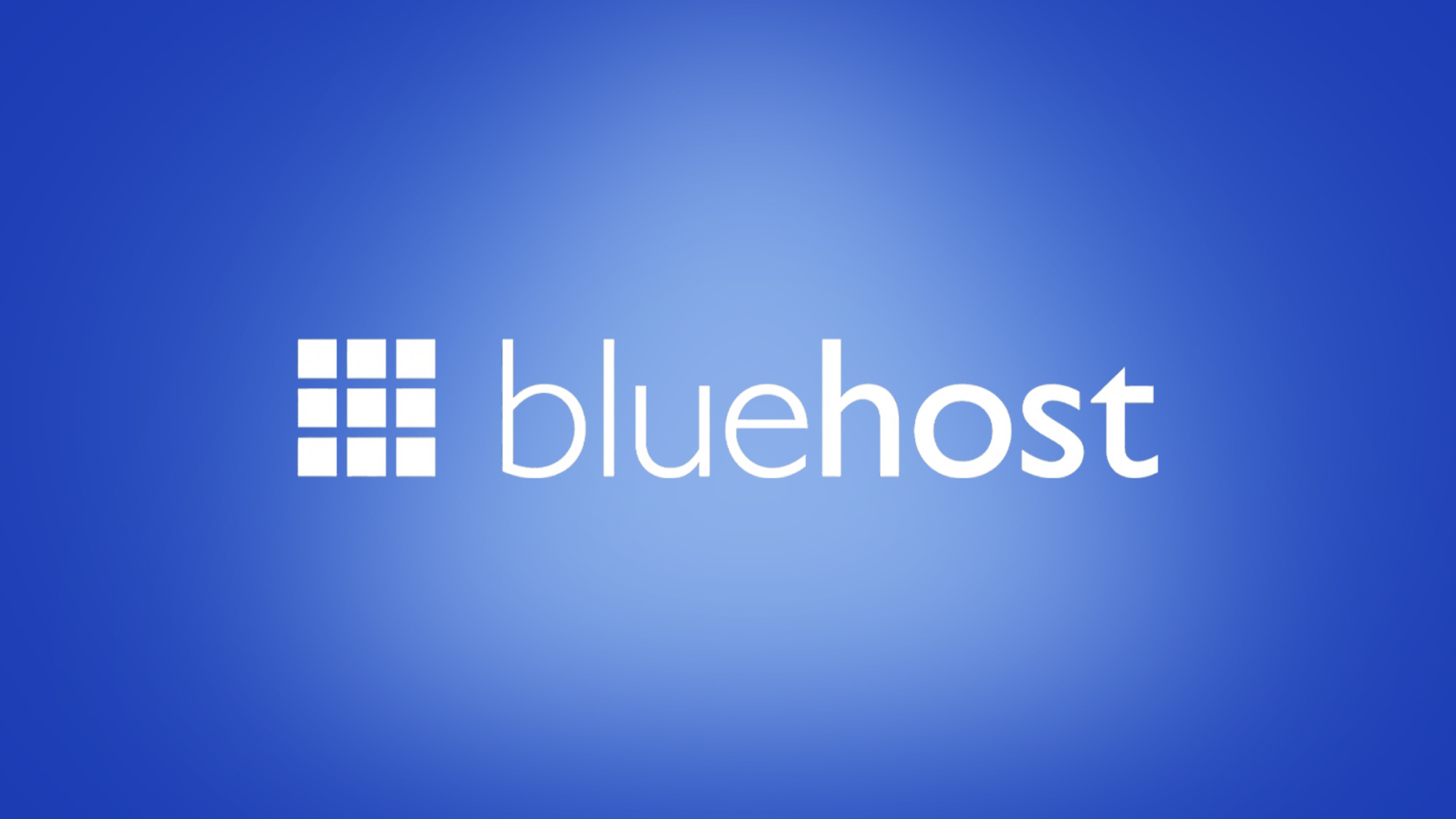Best ecommerce hosting of 2025
Pick the best ecommerce hosting provider for your online store

The best eCommerce web hosting is absolutely essential for an online store. Without it, you stand to lose visitors and sales. With it, you can see happier customers, easier management, and a more successful business.
The best web hosting is the foundation of all online stores. Get it right and you're in business. You will be taking transactions so you need high levels of security, downtime has the potential to lose you money, and slow speeds will lose you customers. You need to think about creating the store and managing it too. Don't let this put you off though. These hosts make it easy.
These are the best eCommerce hosting solutions for complete beginners, those who are more versed in creating a web store, and those that already have a successful online shop.
We've also created a list of the best ecommerce platforms.
The best ecommerce hosting of 2025 in full
Why you can trust TechRadar
Best ecommerce hosting overall
ScalaHosting
Our expert review:
Reasons to buy
Reasons to avoid
I recommend ScalaHosting for ecommerce because of its cloud infrastructure and brilliant support. Ecommerce needs really powerful and reliable plans that can easily scale to the changing demands of an online store.
Stores are a lot more heavy on resources because customers will often be searching, loading photos and adding things to carts. If you have a recommendation system and user profiles, that will also add to the stress on the server.
Ecommerce hosting also has large traffic peaks and times of relative quiet. Plus, promotional periods can add extra stress on the server too. This is why cloud hosting is essential for ecommerce stores.
Cloud hosting can scale easily to demands and also has backups of your store securely held in many locations. Should the worst happen, you should be able to experience zero, or very little down time.
I recommend Liquid Web as best cloud hosting provider but ScalaHosting is a very close second. ScalaHosting just doesn't have some of the very powerful hardware for AI workloads that Liquid Web does. Plus, Liquid Web is more suitable for large companies with their own IT managers.
ScalaHosting is the better hosting company for stores overall due to the support which is more specialized in this area. ScalaHosting have also been recommended as the preferred hosting provider for OpenCart.
ScalaHosting offers four WooCommerce cloud VPS plans, starting from a $9.98-a-month plan, which renews at $29.95 per month and comes with 2 CPU cores, 2 GB of RAM, and 50 GB of SSD storage. This can be a great purchase for small and medium-sized sites that need flawless reliability, but the real highlight of the provider is that it allows you to create a custom plan, where you can go up to 24 CPU cores, 128 GB RAM, and 2,000 GB storage.
Although the reliability of a cloud VPS plan does come at a premium, the value you'll get for your money is still pretty high, seeing as there are also tons of useful features, such as one-click WordPress installation, full WP management, free migrations, free SSL, and automatic updates.
Furthermore, ScalaHosting provides you with an advanced security suite specifically for eCommerce that mitigates a lot of the risks of running a WooCommerce store along with real-time malware protection, disaster recovery backups, 24/7 protective monitoring, and on-demand security scans. Next, once you're with ScalaHosting, you get 24/7 support via live chat and a 15 minute initial response time from support tickets.
Read our full ScalaHosting review
Best for large stores
Hostinger
Our expert review:
Reasons to buy
Reasons to avoid
If you have a larger ecommerce store, Hostinger has you covered. For starters, all its WooCommerce plans are fully managed, which means that once your store is online, they take care of all the updates. Furthermore, the provider also makes it really easy to select an appropriate plan by giving you clear a indication on what they think the best hosting plan is for your site.
The entry-level Cloud Startup plan offers 200 GB of storage, 3 GB RAM, unlimited bandwidth, global data centers, free domain, daily backups, and support for up to 300 websites. This plan is priced at $7.59 per month (or $24.99 a month upon renewal) for a two-year term.
Store owners will love the range of assistance on offer. For instance, you get free and automatic store migration, one-click setup, local and global shipping, and an easy-to-use control panel using which you can track your online store's performance, add/remove shipping methods, and integrate payment options.
Additionally, Hostinger also stands out because of its excellent AI features. All its plans allow you to use its AI to generate content, such as product descriptions for your listings, create websites as per your liking, and resolve any issues you might run into.
For security, you get daily backups, SSL certificates, enhanced DDoS protection, a firewall, Cloudflare-protected nameservers, a malware scanner, and access management controls. For speed and reliability, you get NVMe storage, a global CDN, a 99.9% uptime guarantee, a cache manager, and various other technical optimizations.
Although these plans are geared towards mid-level users, there are plenty of features that more tech-savvy users will find useful, too, such as GIT access and DNS management. Plus, Hostinger makes some of the specifications that more tech-savvy users will be looking for, like the number of inodes, FTP accounts, and cronjobs, and PHP workers, clear when selecting a plan.
Overall, Hostinger make eCommerce hosting easy and has all the features you need to start an online store or grow an existing one, not to mention that it's also incredibly affordable, especially for first-time buyers.
Read our full Hostinger review
Best for medium sized stores
SiteGround
Our expert review:
Reasons to buy
Reasons to avoid
SiteGround sits between Hostinger and ScalaHosting (our recommendation for large stores) in terms of price point and offerings. For example, its highest-end GoGeek plan, at $7.99 per month (renews at $44.99 per month), supports 400,000 monthly visits, unmetered traffic, and an unlimited number of websites. Although it's not entirely tuned for beginners, site creation and setup are still pretty simple, plus you get automatic WP installation and updates, and if you already have a store, you can migrate it to SiteGround for free.
It's worth noting that SiteGround offers two more plans: StartUp and GrowBig. While GrowBig is the ideal choice for most growing businesses (and it's also the most value-for-money SiteGround plan), seeing as it offers 20 GB of storage and 100,000 monthly visits, the StartUp plan, in our experience, is not a good choice for even beginners – very few resources and just one website.
With SiteGround, you get exactly what you would expect from a service optimized for eCommerce. There are features to sell physical and digital goods to members and to create product variations and bundles. For transactions, you can accept bank transfers, checks, PayPal, and cash on delivery out-of-the-box.
SiteGround provides a CDN and smart caching, too. For online stores, shopping carts can cause issues for dynamic caching. To solve this, SiteGround can identify when items have been left in a cart and exclude them, helping to speed up your site.
Next, you also get a vast array of security features. SSL is preinstalled from Let's Encrypt SSL, allowing your customers to know that your site can be trusted. WooCommerce updates are handled by their experts, freeing you up to focus on business. What's more, there's also a staging tool to test changes you make before they go live and an anti-bot system and firewall to protect you from malicious actors. There are also daily backups from which you can restore your online shop should the unexpected happen.
Another great thing about SiteGround is that it offers a 100% renewable energy match and has won awards for its commitment to the environment. Its customer support (available 24/7 via phone and live chat) also has great reviews, so it's clear that SiteGround genuinely cares about its customers. Last but not least, you can try out SiteGround risk-free, thanks to its 30-day money-back guarantee.
Read our full SiteGround review
Best for beginners
Reasons to buy
Reasons to avoid
Setting up an online store can seem complex and potentially expensive at first glance, but DreamHost shows it doesn't have to be that way. The plans are very easy to use (but the panel does need a short period of time to get used to).
If you don't have an online store up and ready due to whatever reason DreamHost will even step in and give you a helping hand getting your site finished for you. Plus, if you're not business savvy too, there are AI business tools to help you make the most out of your site.
If you have a small store with relatively little products. For example, you make bonsai trees in your spare time and you want to sell them to make something extra on the site then the shared starter plan can just about cope if you're not getting more than 5 visitors at a time.
If you have anything more though, you'll need to upgrade your plan. DreamPress is specifically meant for eCommerce stores and has three plans, all of which offer dedicated resources on a cloud infrastructure, meaning you can expect the same reliability and performance as you would with a provider like ScalaHosting. But it's worth noting that DreamHost comes with a 100% uptime guarantee, too.
Speaking of the plans, they start at $12.99/mo for the first year (and then $19.99/mo). This is the entry-level plan and comes with unmetered bandwidth, 30 GB SSD storage, and support for 100,000 monthly visits. You can upgrade to a higher-end plan if you want more resources. For example, the top-of-the-ladder DreamPress Pro plan (at $49.99/mo initially and then $74.99/mo) can support up to a million monthly visits and offers 120 GB of storage.
While these aren't the cheapest plans you can find, they are, in our opinion, some of the most value for money, seeing as they offer a wealth of dedicated eCommerce features on top of a highly reliable server environment. You'll get one-click WP staging, free and automatic store migrations, free domain, free SSL, and an automatic WordPress installer.
The good news keeps coming, as DreamHost also offers incredible customer support; you get 24/7 live chat, support tickets, and even a callback option for convenience.
Read our full DreamHost review
Best for WordPress-based stores
Reasons to buy
Reasons to avoid
Bluehost is one of the most experienced names in the hosting space and easily our top pick if you're a beginner who'd like access to top-notch resources to learn the ropes around hosting and WordPress. Bluehost has what's called the WordPress Academy, which offers a well-crafted course (with certifications upon completion), including clear-cut educational videos and other content to help you hone your WordPress skills.
The best part? The WP Academy course is available for free for both Bluehost and non-Bluehost customers. Additionally, Bluehost also offers class-leading (and specialized eCommerce) customer support; you can reach out to their support agents 24/7 via live chat and phone. Plus, the knowledgebase on its website is comprehensive and easy to navigate.
One of the biggest benefits of using Bluehost as your eCommerce store's host is that it allows you to sell your products on all the popular global marketplaces, including Amazon, eBay, Etsy, and more. This feature, however, is only available on its second plan, priced at $12.95 a month (renews at $39.95 a month). It's worth noting that this plan also gives you the ability to create up to 100 websites and supports 400,000 monthly visits.
Speaking of Bluehost's eCommerce plans, there are only two on offer, which simplifies things massively. Apart from the one mentioned above, the other plan is priced at just $6.25 per month for the first year (and $26.9 a month upon renewal) and comes with 50 GB of NVMe storage, support for 200,000 monthly visits, and an impressive limit of 50 websites.
There's no dearth of features, either, and you'll get a free domain, free SSL certificates, DDoS protection, a built-in malware scanner, and automatic backups, as well as real-time data (such as reports on site traffic, trends, and orders) to track your store's performance. And you can try the service out without risking a single penny, thanks to its 30-day money-back guarantee.
Read our full Bluehost review
Best ecommerce hosting FAQs
What is ecommerce hosting?
In short, ecommerce hosting is a specialized hosting service that provides the infrastructure and tools to set up and run a successful online store. Just like a brick-and-mortar shop needs a physical location, shelves, and a checkout counter, an ecommerce store requires reliable hosting to tackle customer traffic, store product information, and process transactions securely.
With ecommerce hosting, you should expect essential features like secure payment gateways, inventory management tools, marketing integrations, and a collection of customizable templates. Like with any other web hosting service, it's important to choose a reliable hosting provider that meets your business requirements and ensures a secure and enjoyable shopping experience for your customers.
Why is it important to get the best ecommerce hosting?
While ecommerce has become a massively lucrative channel for retailers, the quality of the hosting services that many small businesses are using often leaves a lot to be desired. A recent report showed that one in three Britons have abandoned their online transactions because of poor website design and inefficient hosting.
This dissatisfaction with small business websites poses a clear risk, as almost half of consumers believe that a bad website has a more negative impact than having no website at all. As a result, a substantial percentage of consumers have chosen to switch to competitor websites or reduce their spending with companies that offer a poor online experience.
In light of these findings, businesses must prioritize their web presence and invest in a user-friendly and reliable website. By doing so, companies can expect higher customer satisfaction, increased sales revenue, and improved customer retention and referrals.
How much does it cost to host an ecommerce website?
When it comes to hosting an ecommerce website, the cost depends on your specific needs and the hosting provider of your choice. In addition to the type of hosting (shared, VPS, or dedicated hosting), some factors that impact the cost are server resources, storage space, bandwidth, security features, and additional services.
Shared hosting is a budget-friendly choice for small businesses, where you share server resources with other websites. It can cost you anything from $15 to $150 per month, and more. However, many hosts provide introductory prices as low as $1 (such as IONOS's cheapest plan).
On the other end, dedicated hosting is a pretty pricey (from $100 per month up to a few thousand) option that gives you complete control and robust resources. Meanwhile, VPS is like having your own designated space in a shared building, while cloud hosting is a flexible and scalable solution, like a pay-as-you-go model. However, it's not only about the price tag but about the value you get.
How to choose the best ecommerce hosting providers for you?
When searching for the right ecommerce hosting solution for your business, there are a few factors you should consider:
1. How big is your budget?
Before making your choice, it’s critical to consider the size of your budget and how much money you're willing to set aside every month for ecommerce hosting. If you’re working on a tight budget, you wouldn’t want to blow it right at the beginning.
2. Do you have development experience?
When it comes to your level of experience in web development, it's crucial to choose an ecommerce hosting solution that matches your skillset. If you're just starting out as a beginner, you'll want to opt for a hosting solution that offers user-friendly interfaces and intuitive tools.
On the other hand, if you're a seasoned webmaster with years of coding under your belt, you'll want a solution that caters to your technical expertise.
3. How much support do you need?
Navigating the world of ecommerce hosting can be overwhelming, especially if you're new to it. So, if you're a novice and in need of guidance, picking out a provider known for its responsive and helpful customer support is critical. Look for a host that provides 24/7 customer support through various channels, such as live chat, email, or phone.
Meanwhile, if you possess technical know-how and prefer to handle things by yourself, you may opt for a solution that allows you to take charge and make decisions without relying heavily on support.
4. What are your website's requirements?
Think about the factors such as the type and number of products you plan to sell, expected website traffic, and any specific features or integrations you may require. This will help you determine if a hosting provider has the required resources and capabilities to support your website effectively.
5. What security features does the host provide?
Protecting your customers' sensitive information and ensuring the security of your online store is critical for its survival. Look for a host that offers robust security features, such as SSL certificates, firewalls, regular backups, and malware scanning.
6. What is the track record and reliability of the hosting provider?
In addition to reading our review, you could go through customer reviews, ratings, and testimonials to check the host’s track record. A reputable hosting provider should have a high uptime guarantee, making sure that your website remains accessible to its customers consistently.
The best ecommerce hosting providers: How we test
When testing the best ecommerce hosting providers, we looked at various aspects, from their pricing and ease of setup to the interface and security. We evaluated their uptime guarantee, daily backups, and storage.
To assess their customer support, we tested the response times and the quality of support given to users using some common stumbling blocks that may arise when setting up a store. We judged the different hosting providers based on what size businesses they'd be best suited for.
We also looked at their third-party integrations and their migration options, among other aspects.
Get in touch
- Want to find out about commercial or marketing opportunities? Click here
- Out of date info, errors, complaints or broken links? Give us a nudge
- Got a suggestion for a product or service provider? Message us directly
- You've reached the end of the page. Jump back up to the top ^
Sign up to the TechRadar Pro newsletter to get all the top news, opinion, features and guidance your business needs to succeed!

James is a tech journalist covering interconnectivity and digital infrastructure as the web hosting editor at TechRadar Pro. James stays up to date with the latest web and internet trends by attending data center summits, WordPress conferences, and mingling with software and web developers. At TechRadar Pro, James is responsible for ensuring web hosting pages are as relevant and as helpful to readers as possible and is also looking for the best deals and coupon codes for web hosting.




